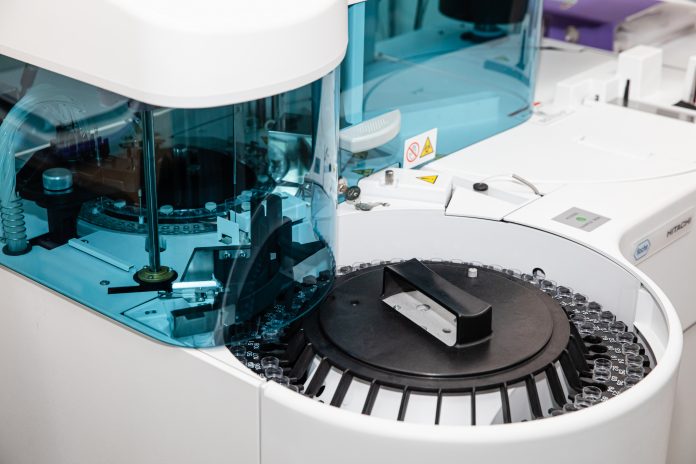A new study by the University of Eastern Finland finds that a blood test could help to diagnose patients with frontotemporal dementia
The team say that blood-based measurements of glial fibrillary acidic protein (GFAP) can help to figure out which patients have frontotemporal dementia and which have primary psychiatric disorders.
Firstly, what is GFAP? Why is it important?
GFAP originates from the glial cells in the central nervous system, and its increased levels reflect brain atrophy and neuroinflammation. Brain-derived biomarkers are currently mainly measured from the cerebrospinal fluid (CSF) of the patients.
However, the new study now indicates that ultrasensitive single molecule array (SIMOA) is a method, which allows reliable detection of GFAP also from blood samples. This is much more practical and convenient for the patients and the health care system because it allows wider use of biomarker measurements in clinical work.
Right now, scientists are looking for suitable blood-based biomarkers.
Secondly, what is frontotemporal dementia?
Frontotemporal dementia is the second most common cause of dementia in the younger population.
But diagnosing it can be complex – because it has similar symptoms to patients with psychiatric disorders or neurodegenerative diseases. Sometimes, subjective experiences are all a healthcare professional has to distinguish one from another.
Finally, what did the scientists find out?
Now, the University of Eastern Finland shows for the first time that he levels of GFAP were significantly higher in the blood of the frontotemporal dementia patients – while psychiatric patients or healthy individuals have a much lower level of GFAP.
Also, elevated blood levels of GFAP sometimes even predicted enhanced brain atrophy and faster disease progression in frontotemporal dementia patients with a follow-up check. This is similar to the blood test that researchers in the US invented for bipolar disorder and depression, which also could predict the future of psychiatric illness in an individual – if all the biomarkers were fully understood.











